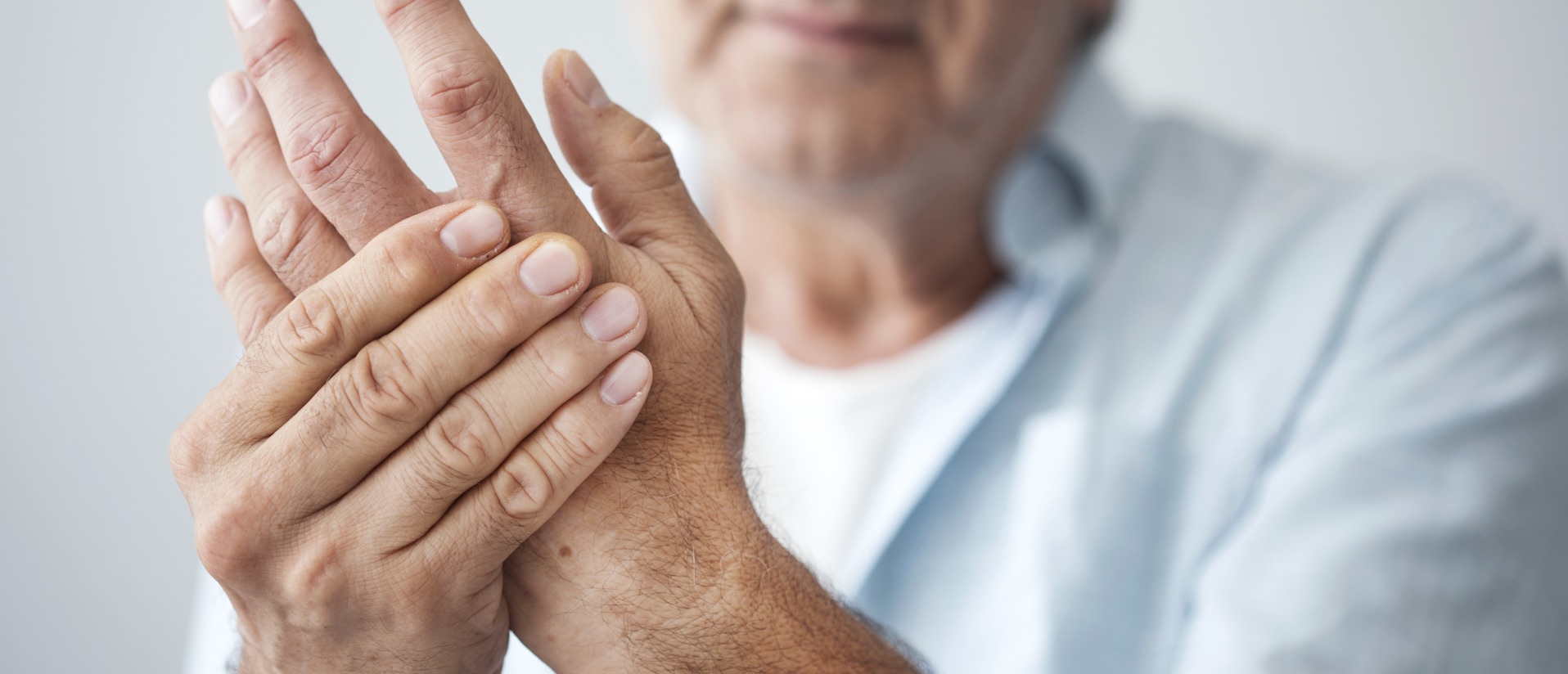Stress is a common by-product of modern, busy lives. It infects work, home, relationships with multiple triggers that often appear beyond our control.
Living with stress is a fact of life and most of us experience it as we respond to a specific cause such as disagreements, relationship problems or work pressures. The cumulative effect of minor issues can also elevate stress levels but, in general, stress is something that recedes given time.
It is different from anxiety, which is a persistent feeling of concern even after the stressful moment or period has gone. This can escalate into an anxiety disorder or depression.
Stress is a natural human function with the body releasing hormones to prime our ‘flight or fight’ response to events but we now live in times where greater emphasis is placed on achievement, material possessions and status which creates more stress points.
Social media can intensify stress levels and the world has also been put under added strain by the COVID-19 pandemic which has recalibrated every aspect of life that was taken for granted.
Work is an obvious source of stress with its inbuilt deadlines and targets, and an opinion poll by the European Agency for Safety and Health at Work reported that 51% of workers experienced stress in their employment.1
The EndStress.EU campaign, launched by European trades’ unions, states: “Stress has become an epidemic. More than half of all working days lost in the EU are caused by work-related stress. It is time for a new EU directive on psychosocial risks at work.”
Work, family, health and friendships are intertwined and all can be a source of stress but there are methods of reducing and managing any negative impact to avoid it becoming a serious condition.
Nine tips to deal with stress
1. Follow a Daily Routine
Creating a daily routine with specific slots for relaxation and enjoyable moments such as time with children or pursuing hobbies promotes a sense of control.This is particularly helpful during the COVID-19 pandemic when things we hold certain are under threat. Repeat lockdowns mean people are working from home and children are learning in communal areas, which adds space and noise pressure to the family dynamic. Setting boundaries and timetables gives clarity and can help defuse tension.Mental Health Europe has launched a guide to help people cope with stress during the pandemic which is relevant at all times.2
2. Plan Your Work
Remote working in busy family homes, shared accommodation or in cramped accommodation presents a new set of problems during COVID-19 but designing a daily rhythm for work is appropriate in the office or at home at any time.The Resilience Institute Europe advises concentrated work effort spells of 40 minutes separated by a three-minute walk or stretch to keep the brain and body fresh.3 Establish a daily routine and bringing structure to work time will encourage a positive work-life balance. Planning work procedures and establishing a routine will help you identify areas that trigger stress and make you more able to reduce or eliminate them.
3. Health Supplements and Medication
If you feel overwhelmed, do not hesitate to consult with your healthcare professional and ask for a treatment plan adapted to your needs. Sometimes, we may feel that we can control situations on our own, or even feel ashamed if we cannot cope, but we must understand that sometimes we need timely support in order to cope and deal with stressful moments in our lives.
Look into our Consumer Health page for supplements that could be beneficial to achieve a better inner balance and wellbeing naturally.
4. Limit Social Media
Social media offers a range of ways to stay in touch with family and friends but it can have a negative effect with its constant stream of gloomy news, misinformation and a relentless roll of aspirational postings. It is easy for people to feel dismayed that they cannot attain certain lifestyles or achievements which can lead to stress.Curating your social media consumption is an active way of taking control and minimising the impact. Consider unfollowing or muting accounts and feeds that cause an adverse reaction and deciding on a reduced amount of screen time.
Some devices provide notifications when time limits have been reached and it is good to put your smart phone in another room or turn it off so you can have periods with no external influence.
5. Stay Connected
A support network of family, friends and colleagues can ease burdens and help promote a brighter perspective if something is troubling you, therefore it is vital not to drift into isolation.This is where social media can be a huge help but talking to people on the phone or via an internet platform adds that extra personal connection. This gives you a chance to express your feelings and to feel supported.
6. Stay Active
Physical activity is a proven stress buster and it can be as easy as taking regular breaks and moving around the home, walking the dog or introducing simple fitness moves at your desk or around the house.The World Health Organisation Regional Office for Europe recommends 150 minutes of moderate-intensity or 75 minutes of vigorous-intensity physical activity per week, which is 15 minutes a day.4 Its latest advice includes:
- Walk: Even in small spaces, walking around or walking on the spot can keep you active. If you have a call, stand or walk around your home while you speak, instead of sitting down.
- Stand Up: Reduce your sedentary time by standing up whenever possible. Ideally, aim to interrupt sitting and reclining time every 30 minutes.
- Relax: Meditation and deep breaths can help you remain calm.Exercise mitigates the impact of negative stress hormones while releasing endorphins which stimulate the reward and enjoyment sectors of the brain.
7. Maintain a Healthy Diet
Alcohol and caffeine should not be part of your coping mechanism and should be used in moderation only.A healthy diet, containing fresh vegetables, lean protein and anti-inflammatory foods, is a key route to stress reduction. Putting the right food fuel in our bodies helps it function to its best ability and minimises fatigue and ill-health which contribute to feelings of stress. Some foods trigger a release of the stress hormone cortisol into the body and research has shown that a Mediterranean diet can minimise their harm. The Helena Study, of adolescents, concluded: “Higher adherence to the Mediterranean diet may counteract the effect of stress-induced inflammation and decrease risk of future mental health.”5
8. Be Positive
Staying positive will combat negative thoughts and stop stress building up. But it needs application and a framework to become an integral part of your defence mechanism. It involves identifying and removing stress points, and people, in your life and focussing on people who have a positive impact on your wellbeing.Not everything in life and work will go smoothly so it is important to accept setbacks and get them into perspective. Being positive is about facing up to issues but looking for a way to move forward rather than dwelling on episodes that can become corrosive.“In life, there’s always a solution to a problem,” states Professor Sir Cary Cooper, Professor of Organizational Psychology and Health at the University of Manchester, England. “Not taking control of the situation and doing nothing will only make your problems worse.” He also advises taking time at the end of each day to write down three things that went well or for which you are grateful.6
9. Seek Help
Counselling, peer support groups or talking with a close family member or friend will help hold back those feelings of being overwhelmed. Processes such as Cognitive Behavioural Therapy and Mindfulness can help. A doctor can advise on professional support available in your area and voluntary groups are a source of help and information on how to tackle stress. Mental Health Europe has a directory of national agencies that can provide help.7
References:
- European Agency for Safety and Health at Work. European opinion poll on occupational safety and health 2013. Accessed January 2021. https://osha.europa.eu/en/facts-and-figures/european-opinion-polls-safety-and-health-work/european-opinion-poll-occupational-safety-and-health-2013
- Mental Health Europe. 10 ways to cope with stress during the pandemic. November 2020. Accessed January 2021. https://www.mhe-sme.org/10-ways-to-cope-with-stress-during-the-pandemic/
- Resilience Institute Europe. 30 ways to manage stress in the workplace. April 2019. Accessed January 2021. https://www.resilience-institute-europe.com/30-ways-to-manage-stress-in-the-workplace/
- World Health Organisation Regional Office for Europe. Stay physically active during self-quarantine. 2020. Accessed January 2021. https://www.euro.who.int/en/health-topics/health-emergencies/coronavirus-covid-19/publications-and-technical-guidance/noncommunicable-diseases/stay-physically-active-during-self-quarantine
- Carvalho KMB, Ronca DB, Michels N, et al. Does the Mediterranean Diet Protect against Stress-Induced Inflammatory Activation in European Adolescents? The HELENA Study. Nutrients. 2018;10(11):1770. Published 2018 Nov 15. doi:10.3390/nu10111770
- NHS England, 10 Stress Busters. https://www.nhs.uk/conditions/stress-anxiety-depression/reduce-stress/
- Mental Health Europe Helplines https://www.mhe-sme.org/library/helplines/



